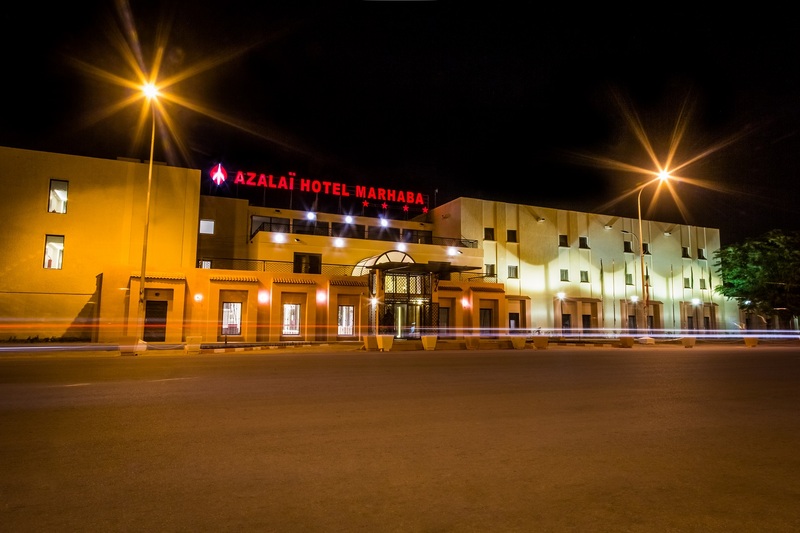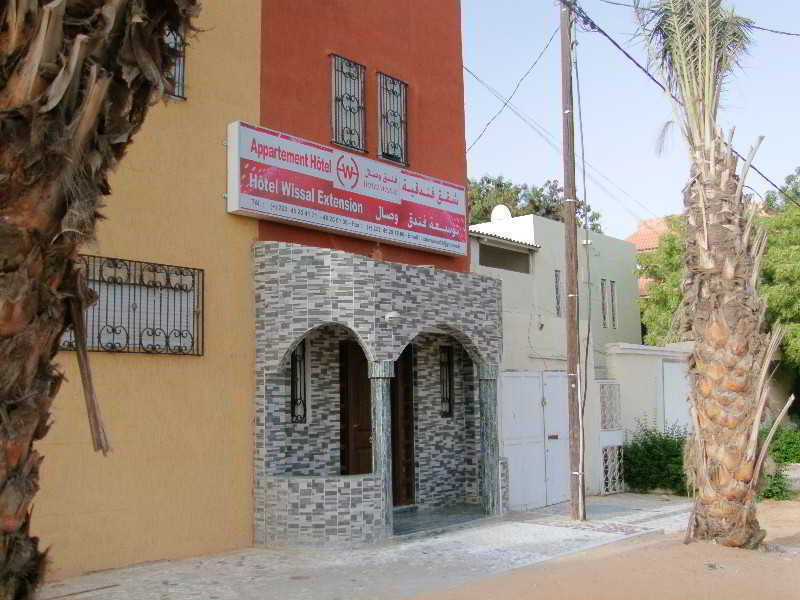




- Home
- Mauritania
Mauritania
Discover the Enchanting Culture of Mauritania: A Travel Guide
Mauritania is a hidden gem for travelers seeking an authentic North African experience. The country boasts stunning natural beauty, including the Sahara Desert and Banc d'Arguin National Park. Visitors can also explore ancient cities, vibrant markets, and traditional Mauritanian cuisine. Don't miss out on this unique destination!
⛅🌤️☀️
🌬️
💧
🌅
🌇
☀️
🌤️
⛅
Latest Mauritania Activities
Discover exciting activities and unforgettable experiences in Mauritania. View all
Latest Mauritania Properties
Explore a wide range of properties in Mauritania. View all
FAQsFrequently
Frequently
asked
questions
about Mauritania
Mauritania is a country with a rich history and culture. One of the must-visit attractions is the ancient city of Chinguetti, which is a UNESCO World Heritage Site. Other attractions include the Banc d'Arguin National Park, the city of Nouakchott, and the ancient city of Ouadane.
Mauritania is a great destination for outdoor enthusiasts. Some popular activities for tourists include hiking in the Adrar Mountains, camel trekking in the Sahara Desert, and bird watching in the Banc d'Arguin National Park. Additionally, visitors can enjoy cultural experiences such as visiting traditional markets and attending music and dance performances.
The best time of year to visit Mauritania is between November and February, when the weather is cooler and drier. During this time, visitors can enjoy outdoor activities without the intense heat of the summer months. However, it's important to note that many attractions, such as the Chinguetti Book Festival, take place in the summer months.
Mauritania offers a range of accommodations to suit different budgets and preferences. In cities like Nouakchott, visitors can find luxury hotels and guesthouses, while in more remote areas like the Adrar Mountains, traditional nomadic tents are available for rent. Additionally, there are many camping options available throughout the country.
Mauritania has a unique cuisine that blends Arab, African, and French influences. Traditional dishes include couscous, tagine, and grilled meats. Tea is also an important part of Mauritanian culture, and is often served with mint, a symbol of hospitality. Visitors should also try the local delicacy, roasted sheep or goat, which is often served at special occasions.
Mauritania is a predominantly Muslim country, and visitors should be respectful of local customs and traditions. Women in particular should dress conservatively, covering their heads and shoulders in public. Visitors should also be aware that alcohol is prohibited in Mauritania, and public displays of affection are not accepted.
The currency used in Mauritania is the Mauritanian ouguiya (MRO). Visitors should be aware that credit cards are not widely accepted in Mauritania, and it's recommended to carry cash for purchases.
The official language of Mauritania is Arabic, but French is also widely spoken. Additionally, many ethnic groups in Mauritania have their own languages and dialects.
Mauritania is generally safe for tourists, but visitors should be aware of the risk of terrorism and kidnapping. The US Department of State recommends that visitors exercise increased caution when traveling to Mauritania, especially in remote areas. Visitors should also be aware of the risk of petty crime, such as theft and pickpocketing.
Mauritania has a limited transportation system, with most people traveling by car or bus. Taxis are available in cities like Nouakchott, but visitors should negotiate a fare before getting in. Additionally, there are a number of domestic airlines that operate within Mauritania, but flights can be infrequent and unreliable.











